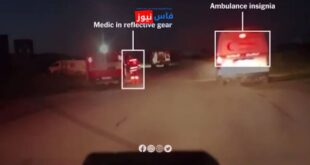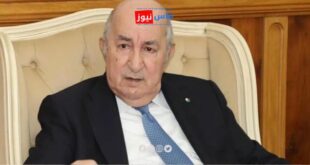Hamas and Israeli Prime Minister Benjamin Netanyahu have exchanged accusations regarding the lack of progress in negotiations for a ceasefire in the Gaza Strip, where a polio vaccination campaign has already immunized nearly 200,000 children, according to the World Health Organization (WHO).
Pressure on Netanyahu
Following the announcement of the discovery of six hostages’ bodies in Gaza by the Israeli army on Sunday, Netanyahu is facing significant pressure to reach an agreement for the release of the remaining hostages in exchange for a ceasefire, which could lead to a halt in fighting after nearly eleven months of war. Netanyahu stated on Wednesday, “We are trying to find common ground to start negotiations, but they (Hamas) refuse and say there is nothing to discuss.”
Hamas’s Demands
The Palestinian Islamist movement insists on the immediate implementation of a plan announced on May 31 by U.S. President Joe Biden, which Hamas had accepted. On Thursday, Hamas stated via Telegram, “We do not need new proposals,” adding that Netanyahu “is using negotiations to prolong the aggression against the Palestinian people.”
Control Over the Philadelphi Corridor
Netanyahu wants Israel to maintain control over the Philadelphi Corridor, a buffer zone along the border between Gaza and Egypt, to prevent Hamas from smuggling weapons into Palestinian territory or extracting hostages and some of its fighters through tunnels. Hamas is demanding an Israeli withdrawal from the area, claiming that Netanyahu’s insistence on controlling the corridor “aims to prevent reaching an agreement.”
Calls for Concessions
In Washington, State Department spokesperson Matthew Miller urged both parties to make concessions. German Foreign Minister Annalena Baerbock began a new tour of the Middle East on Thursday to support international efforts for a ceasefire.
Other Points of Contention
According to Netanyahu, other points of contention include the number of Palestinian prisoners held by Israel that should be released in exchange for each hostage freed, or a potential Israeli veto on the release of certain detainees.
Casualties from the Conflict
The Hamas attack on October 7, which triggered the war, resulted in the deaths of 1,205 people, mostly civilians, according to an AFP tally based on official Israeli data. Of the 251 people kidnapped that day, 97 are still held in Gaza, with 33 declared dead by the Israeli army.Israeli retaliatory strikes, which have devastated the Gaza Strip, have resulted in at least 40,861 deaths, according to the health ministry of the Hamas government, which does not specify the number of civilian and fighter casualties. The UN reports that the majority of the dead are women and children.
Calls for International Investigation
According to a report by Amnesty International reviewed by AFP on Thursday, over 90% of buildings along a 1 to 1.8 km stretch of the Palestinian enclave’s border with Israel appear to have been “destroyed or severely damaged” by the Israeli army in an effort to create a buffer zone. The NGO is calling for an international investigation into “war crimes,” denouncing “unjustified destruction.”
Polio Vaccination Campaign
Despite the dire conditions in Gaza, the World Health Organization announced on Wednesday that it had administered the first dose of the polio vaccine to approximately 187,000 children in the central part of the territory. Following the discovery of the first polio case in Gaza in 25 years, a large-scale vaccination campaign began on Sunday during “humanitarian pauses” in the fighting.
Situation in the West Bank
In a related context, Israeli military operations continued in northern occupied West Bank, where five men were killed and two others injured “during an attack on a vehicle,” according to the Palestinian Red Crescent. Israeli forces stormed the Faraa refugee camp in the Tubas governorate, where explosions were reported by witnesses.
Israeli Defense Minister’s Statements
Israeli Defense Minister Yoav Gallant stated on Wednesday that there is a need to use “full force” against Palestinian armed groups in the West Bank, which has been occupied by Israel since 1967. At least 35 Palestinians have been killed in the West Bank since the beginning of the operation, according to the Palestinian health ministry.
 فاس نيوز ميديا جريدة الكترونية جهوية تعنى بشؤون و أخبار جهة فاس مكناس – متجددة على مدار الساعة
فاس نيوز ميديا جريدة الكترونية جهوية تعنى بشؤون و أخبار جهة فاس مكناس – متجددة على مدار الساعة

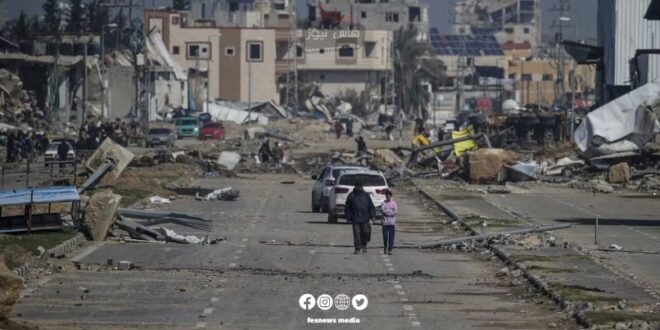
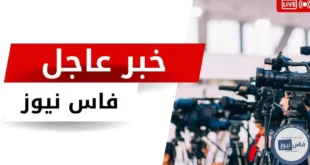

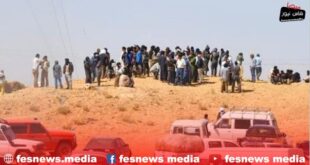
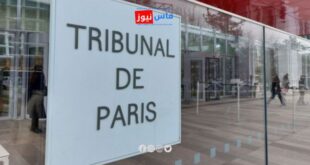
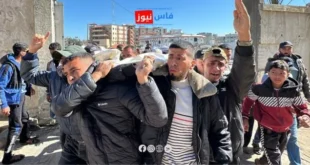
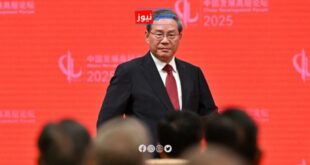
 China Assures EU: We Have Tools to Offset Economic Turbulence Amid Tensions with Washington
China Assures EU: We Have Tools to Offset Economic Turbulence Amid Tensions with Washington
